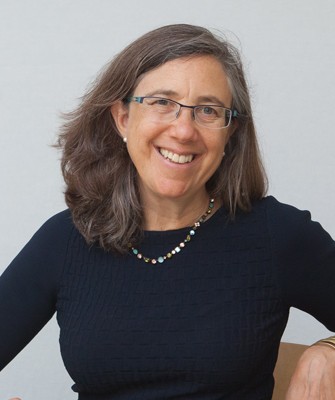The stresses of 2020 have created an urgent need for nonprofit activity. This year has seen heightened scrutiny of racial injustice, global demands for health services in light of a pandemic and economic disruption as a result of start-and-stop business activity in an effort to contain the coronavirus.
By many accounts, donors have stepped up, contributing more to nonprofits that address these needs, as well as supporting unrelated causes that nonetheless contribute to the common good. But according to a statement from the Initiative to Accelerate Charitable Giving (IACG), a coalition of philanthropists, thought leaders and foundation heads, more than $1 trillion languishes in private foundations and donor-advised funds (DAFs). Why? “[C]urrent law provides insufficient incentives to ensure this funding is used for its intended purpose, to support operating charities and the beneficiaries they serve,” according to a statement posted to the organization’s website.
While current law calls for an annual 5 percent payout, the IACG is calling for a series of reforms, including:
* Prohibiting distributions to DAFs, and eliminating salaries or travel expenses for foundation family members as a way of meeting foundation payout requirements;
* Avoiding the rules that shield donors from rules governing private foundation by funding their entities through DAFs;
* Reducing to zero the private foundation excise tax in years when the foundation’s payout rate is 7 percent or more; and,
* Eliminating the excise tax for newly created, time limited private foundations in existence for 25 years or less.
There is currently more than $120 billion in DAFs which has been set aside for future gifts, allowing donors to realize tax advantages without providing incentives or requirements for the funds to distribute their holdings, IACG leadership contends.
IACG leadership is calling for the U.S. Congress to authorize a new form of DAF which would allow donors to realize upfront tax benefits only if the funds are released within 15 years. Donors wishing to wait more than 15 years would be allowed to receive capital gains and estate tax benefits, but not get income tax deductions until funds are distributed.
We appreciate your readership, if you want more content like this along with the most comprehensive nonprofit information and special reports, consider becoming a subscriber by clicking here.
Additionally, IACG leaders seek an expansion in the CARES Act that allows individuals who don’t itemize their charitable contributions to take above-the-line charitable deductions.
At least one group is seeking to pump the brakes on the IACG. The proposals are “a solution in search of a problem, calling for unnecessary regulations to private foundations and donor-advised funds,” Elise Westhoff, president and CEO of The Philanthropy Roundtable, said in a statement.
Giving through DAFs tripled between 2007 and 2018, and according to a survey from Fidelity Charitable, which sponsors DAFs, 79 percent of account holders plan to maintain or increase their giving in 2020, Westhoff continued in her statement.
Within the Philanthropy Roundtable’s statement, Westhoff objected to changing how DAF payouts are made, citing the need “to protect the safety and privacy of individual donors and their freedom to give to unpopular causes without fear of threats, intimidation and violence.” Furthermore, “[a]llowing a government regulator to force payouts against an individual’s long-term plan and better judgment – or face punishment – makes it harder for donors to support the long-term future of a community or cause.”
There is pushback against these assertions. “There are other ways of achieving anonymous giving aside from DAFs,” said Ray Madoff, a professor at Boston College Law School and director at the Forum on Philanthropy and the Public Good. “However, it is important to note that Congress imposed disclosure requirements on private foundation distributions as a way of allowing the public oversight to assure private foundations are fulfilling their charitable mission,” she told The NonProfit Times.
“A recent report from the Minnesota Council of Nonprofits shows how this practice of using DAF by private foundations can undermine legitimate oversight,” Madoff said. The report, Private Foundation Grants to DAFs Attorney General Charitable Trust Oversight Calls for Disclosure of Use of Funds, alleges that funds collected by a charitable foundation for a specific purpose may, if transferred to a DAF, be used for purposes other than for what they were collected.
Madoff also questions resistance to distributing funds nominally intended for the public good. “We are talking about funds that have received significant tax benefits upon contribution to the DAF. It would be irresponsible to not care whether these funds ever make it for use by working charities, particularly given all of the crises that charities are now being asked to address.”











